William J. Syms Operating Theatre
Once considered the height of medical modernity, this structure is now the oldest remaining component of Roosevelt Hospital.
Construction of the William J. Syms Operating Theatre was facilitated by the theatre’s namesake, a gun-dealing millionaire who, upon his death in 1889, bequeathed $350,000 to Roosevelt Hospital with the stipulation that the money be put toward the construction and operations of a surgical operating theatre with Dr. Charles McBurney as its director.
McBurney had presided over an operation on Syms some years earlier. Following the surgery, the surgeon received a check from Syms to the tune of $3,000 as payment for the $300 procedure. McBurney returned the money only to be repaid tenfold following the eventual death of his grateful patient.
The Syms Operating Theatre was completed in 1892 and was widely hailed as a testament to medical modernity. In accordance with the modern emphasis on sterilization, the theatre’s architect eschewed the use of wood and other porous materials that could harbor bacteria, opting instead for mosaic floors and liberal use of marble on the walls, ceilings, and even laundry chutes. Other state-of-the-art features included separate rooms for prepping patients and surgical tools, and a moat to ensure proper drainage. The tiered amphitheater could accommodate 184 student observers, and the conical skylight, the structure’s defining feature, allowed for plenty of natural light.
By the 1940s, the facility’s once-revolutionary amenities had become standard practice and the Syms Operating Theatre had lost some of its luster. The theatre saw its last surgery in 1941, after which it was converted to a blood bank and mortuary and later served as a temporary emergency room. The interior was gutted in 1953 and the building is currently undergoing renovations to prep it for a new life as the home of the private Speyer Legacy School. Renovators plan to leave intact any original architectural features that remain, including a faded inscription in the basement which reads Mortui Vivo Docent, or “Let the dead teach the living.”
Know Before You Go
Visitors are not allowed to enter the building. Best viewed from outside.

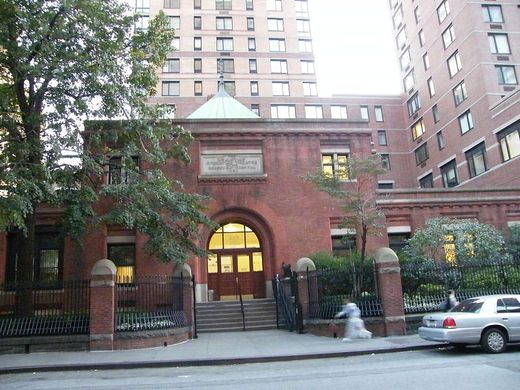
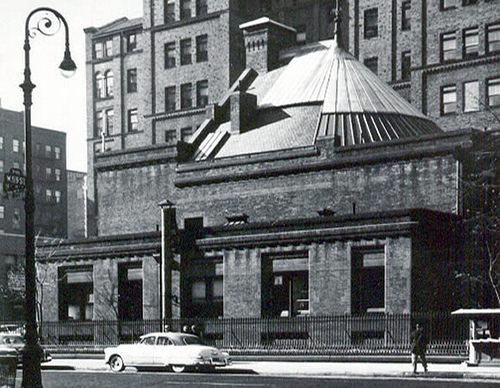
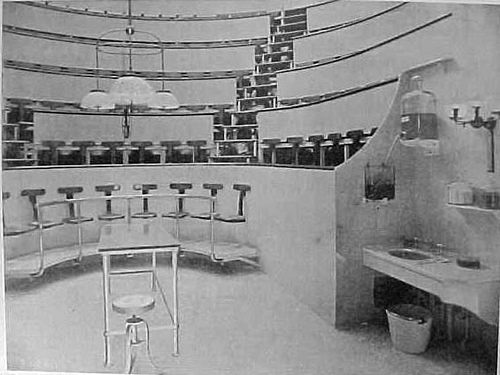
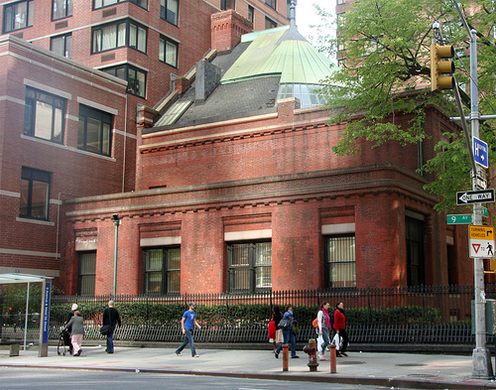
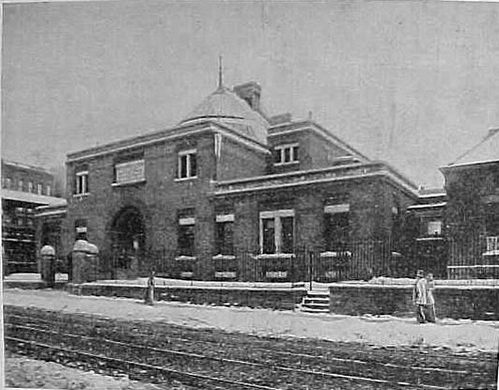
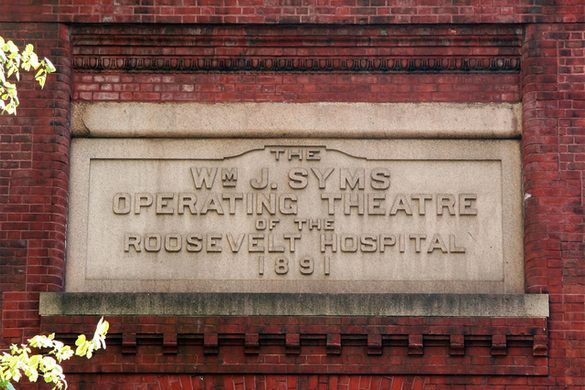







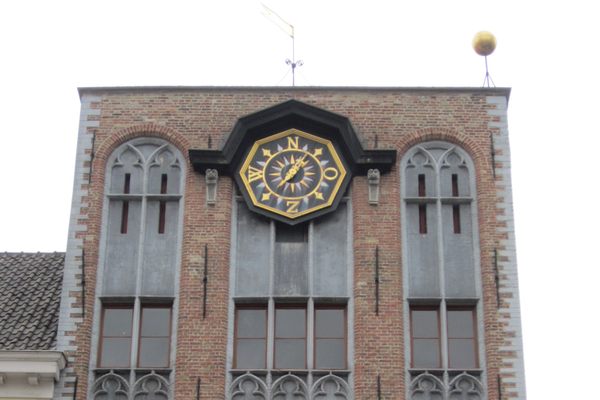
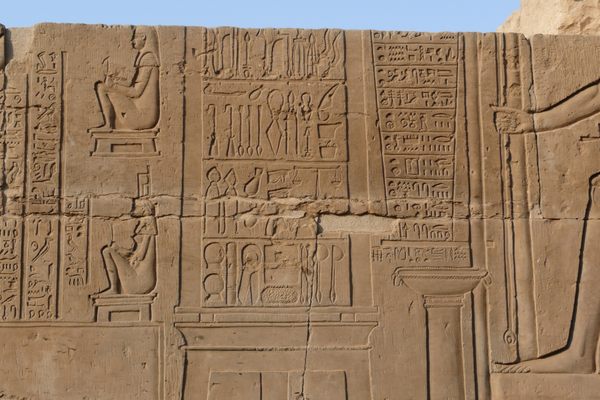



Follow us on Twitter to get the latest on the world's hidden wonders.
Like us on Facebook to get the latest on the world's hidden wonders.
Follow us on Twitter Like us on Facebook